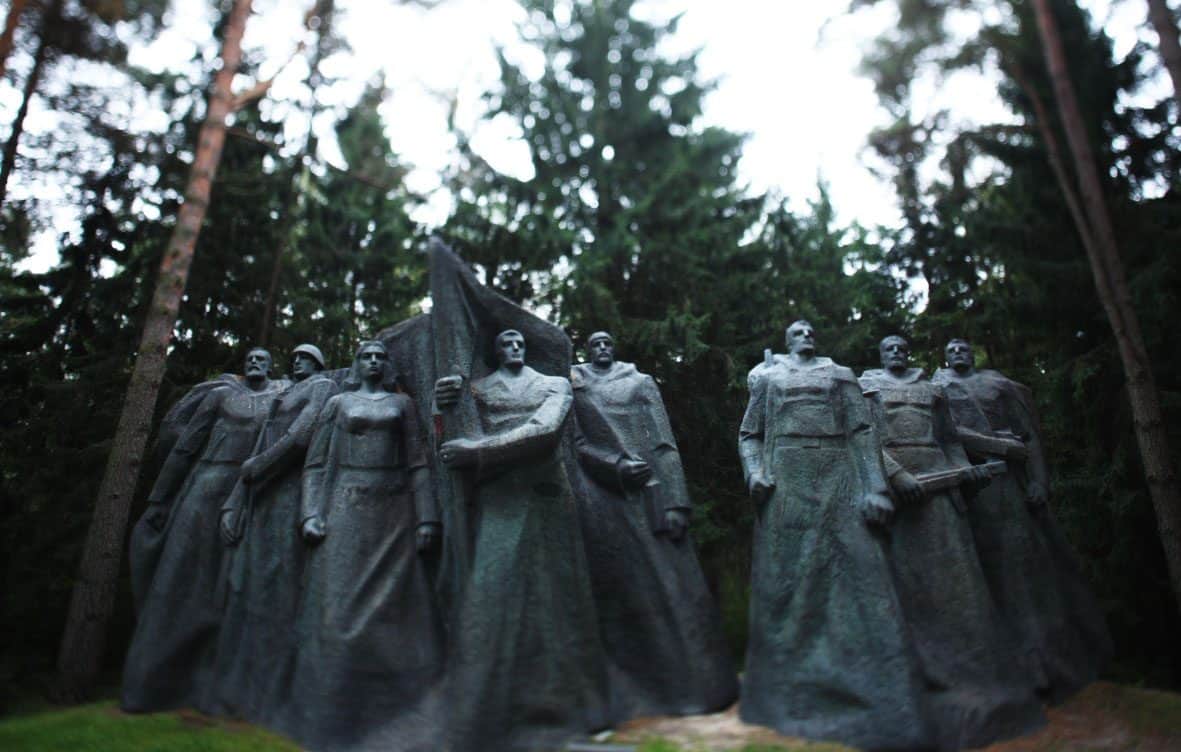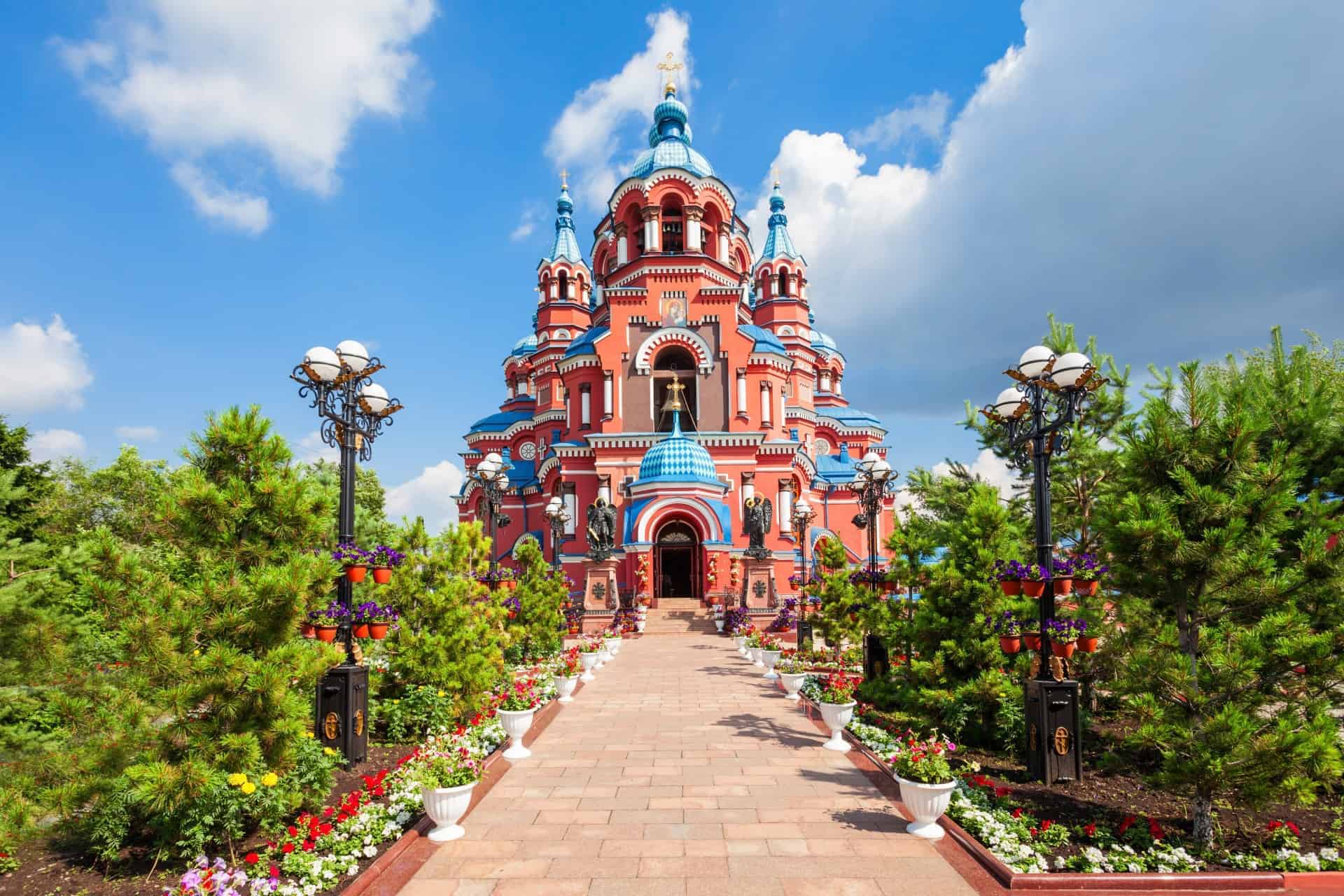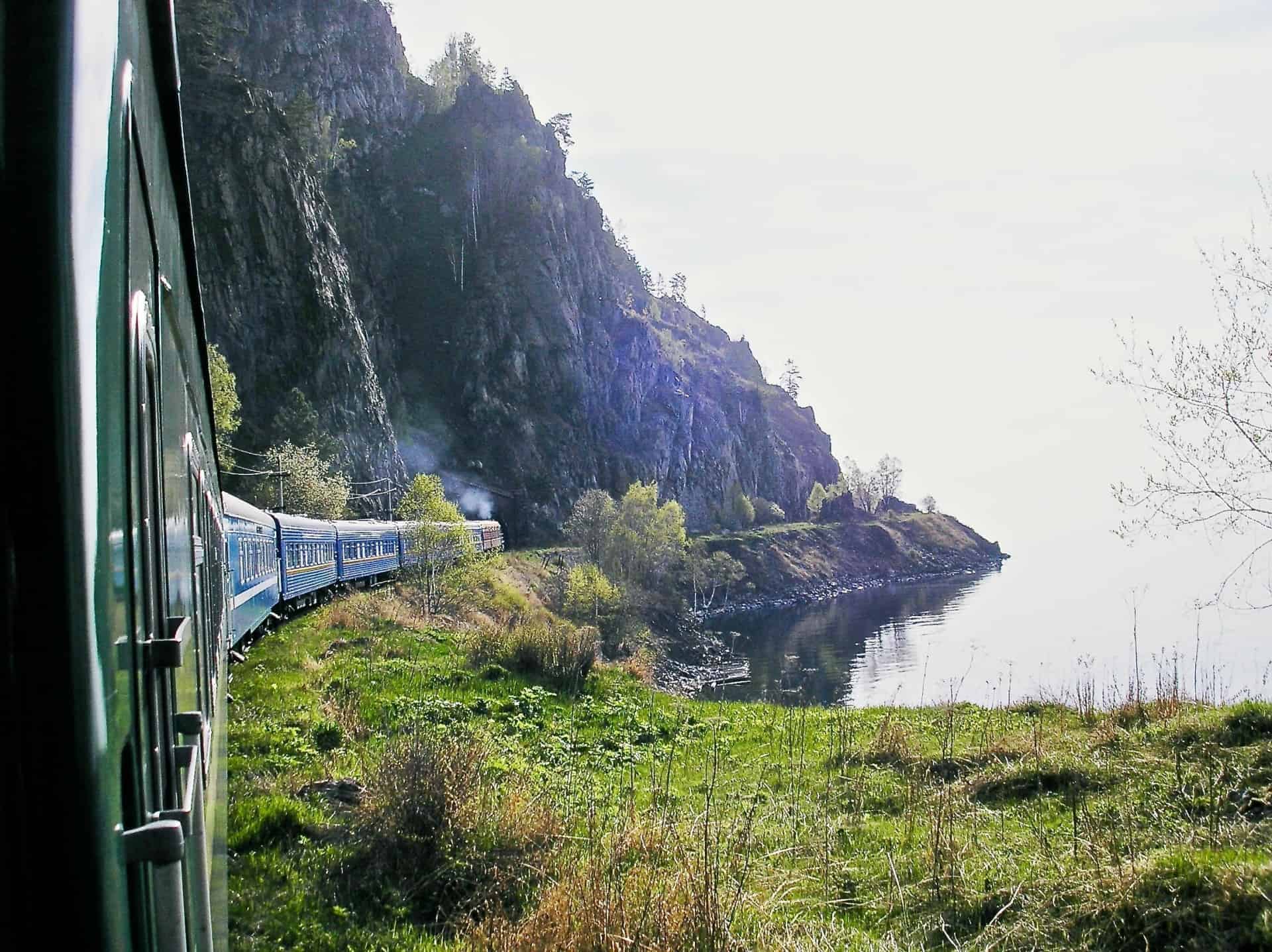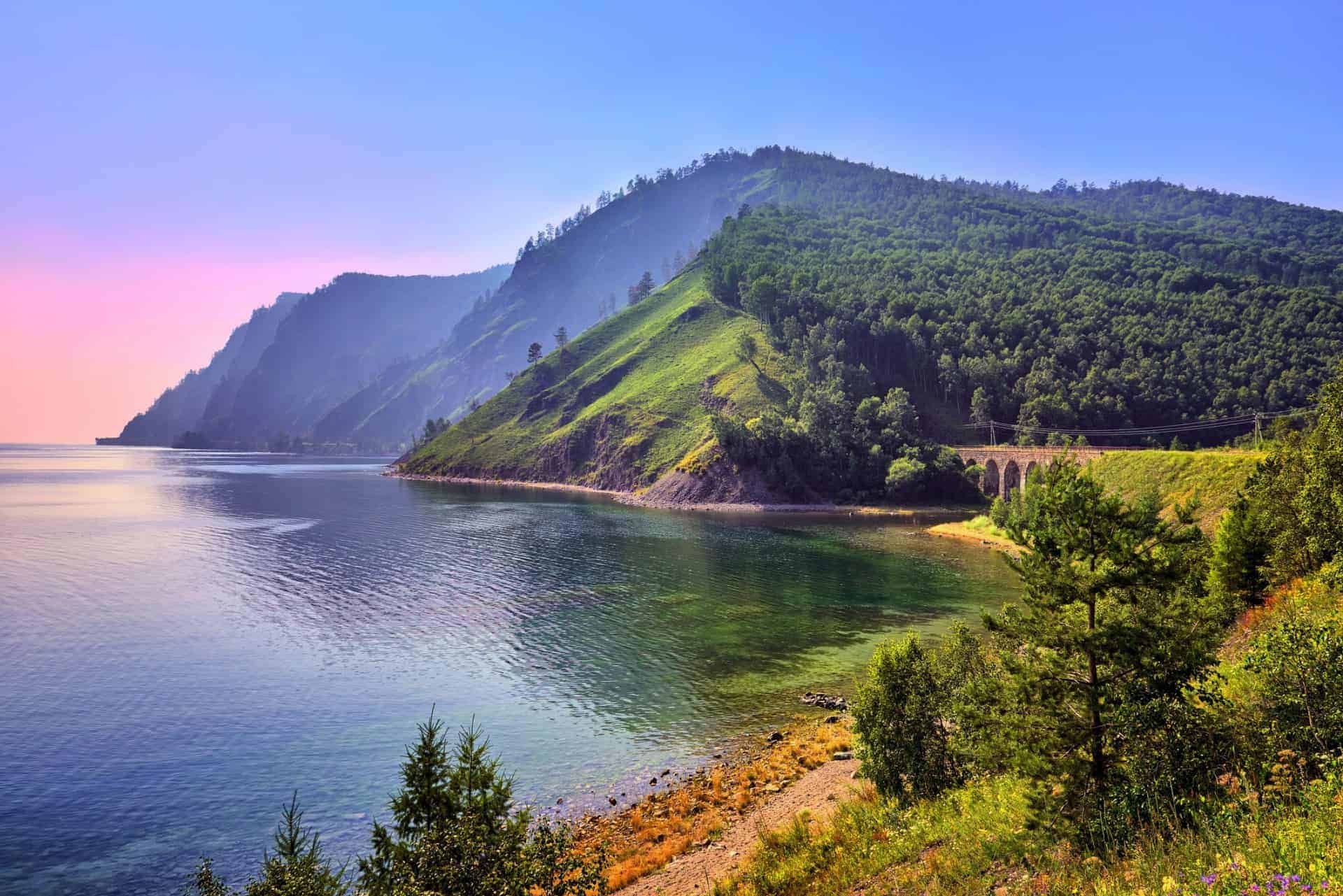The Volga River Flowing from Russia’s northwest to the Caspian Sea in the south, and measuring 3,530 m, the Volga river is the longest river in Europe. The Volga has throughout its history become an…
A communist statue graveyard, Grutas Park is a dark homage to one of the worst periods of Lithuanian history. Eight kilometres east of Druskininkai, a spa town on the Nemunas River in southern Lithuania, Grutas…
Yekaterinburg, Russia Yekaterinburg sits on the eastern slopes of the Ural Mountains, about 1,667 kilometres east of Moscow. This city in the heart of the Ural region is located just east of the border of…
Krasnoyarsk, Russia Krasnoyarsk, sitting on both banks of the Yenisey River, which in turn is traversed by the Trans-Siberian Railway, is a popular stop in Siberia. Bordered by the city in the south is the…
Irkutsk, Russia Irkutsk, the administrative centre of the Irkutsk oblast (region) in Eastern Siberia, is a popular stop on the Trans-Siberian Railway due to its proximity to UNESCO-listed Lake Baikal, the largest, deepest, and oldest…
Highlights of Russia | Moscow Moscow is Russia’s political centre and its most populous metropolis. Viewed from the air, Moscow’s city layout resembles concentric rings circling the Kremlin, the seat of the Russian government and…
St Petersburg is the second largest among the Russian cities, after Moscow, and is famous for its important role in Russian history and its cultural and architectural landmarks. The historic centre of St Petersburg is…
History of the Trans-Siberian Railway The history of the Trans-Siberian Railway, a network of railways connecting Moscow to the Russian Far East, covers important events of the 20th century, tracing the rise and fall of…
Early Russian History and its Key Figures It is probably unsurprisingly that the largest country in the world, encompassing Eastern Europe and Northern Asia, with its ever-changing landscapes, multiple timezones and diverse inhabitants, would also…
Trans-Siberian Landscapes and Wildlife Even in a fast-paced world where travelling long distances means hopping on a plane and journeying through the air for a few hours, the Trans-Siberian Railway continues to have a magnetic…











